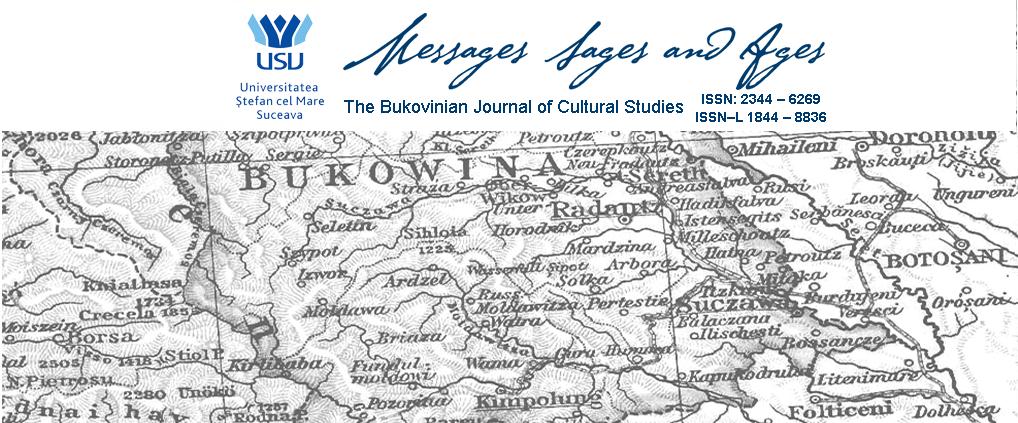Editor: Onoriu Colacel
CAPITALISTS, SPIES AND ALIENS: CONSPIRACY THEORIES IN BULGARIA – TODOR HRISTOV
The paper claims that conspiracy theories in Bulgaria are organized as a milieu rather than as a genre, and that, depending on their intensity, conspiracy theories can perform heterogeneous functions, which range from justification of political claims and popular mobilization…
LIVING IN THE MATRIX: HOW A SCIENTIFIC CONJECTURE WAS TURNED INTO A CONSPIRACY THEORY – ROBERTO PAURA
In recent years the simulation argument, namely, the idea that our reality is a kind of computer-generated simulation developed for hidden purposes, has acquired some credit and has been appropriated by the conspiracy culture, especially in the works of David…
FROM LITERARY CULTURE TO POST-COMMUNIST MEDIA: ROMANIAN CONSPIRACISM – ONORIU COLĂCEL & CORNELIU PINTILESCU
Conspiracy thinking has a long history in Romanian literary culture. In the early 21st century, what counts as a conspiracy theory in the mainstream of Romanian life is nevertheless elusive enough to keep the public engaged more than ever before.…
CONSPIRING AGAINST THE GULLIBLE: NOTES ON GULLIVER’S TRAVELS AS UNIVERSAL SATIRE IN THE GUISE OF PARANOID DISCOURSE – DAN NICOLAE POPESCU
Readers and critics alike have bickered over the verisimilitude of Gulliver’s Travels since it was first published in 1726. No critical consensus has ever been reached even on some very fundamental interpreting issues. While several particulars of Swift’s satire appear…
(PERI)TEXTUALITY AND A SKYSCRAPER OF FOOTNOTES: ALPHONSE DAUDET’S LA DOULOU AS TRANSLATED BY JULIAN BARNES – DANIELA HĂISAN
Drawing loosely on text linguistics, Gérard Genette’s classic works on paratextuality, as well as a number of fairly recent concerns in Translation Studies (e.g. paratranslation, translator’s habitus, translator’s visibility), the present article deals with a collection of notes by Alphonse…
